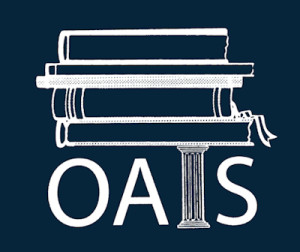Charters and Private Schools: Not Birds of a Feather
Through the magic of Twitter, I was recently made aware of an op-ed published by the Charlotte News and Observer in late January by two folks who are officials with Public Schools First NC, which I assume is a group dedicated to promoting public schools. Linda Nelson of the North Carolina Association of Independent Schools penned an excellent rebuttal that was published a short time later.
